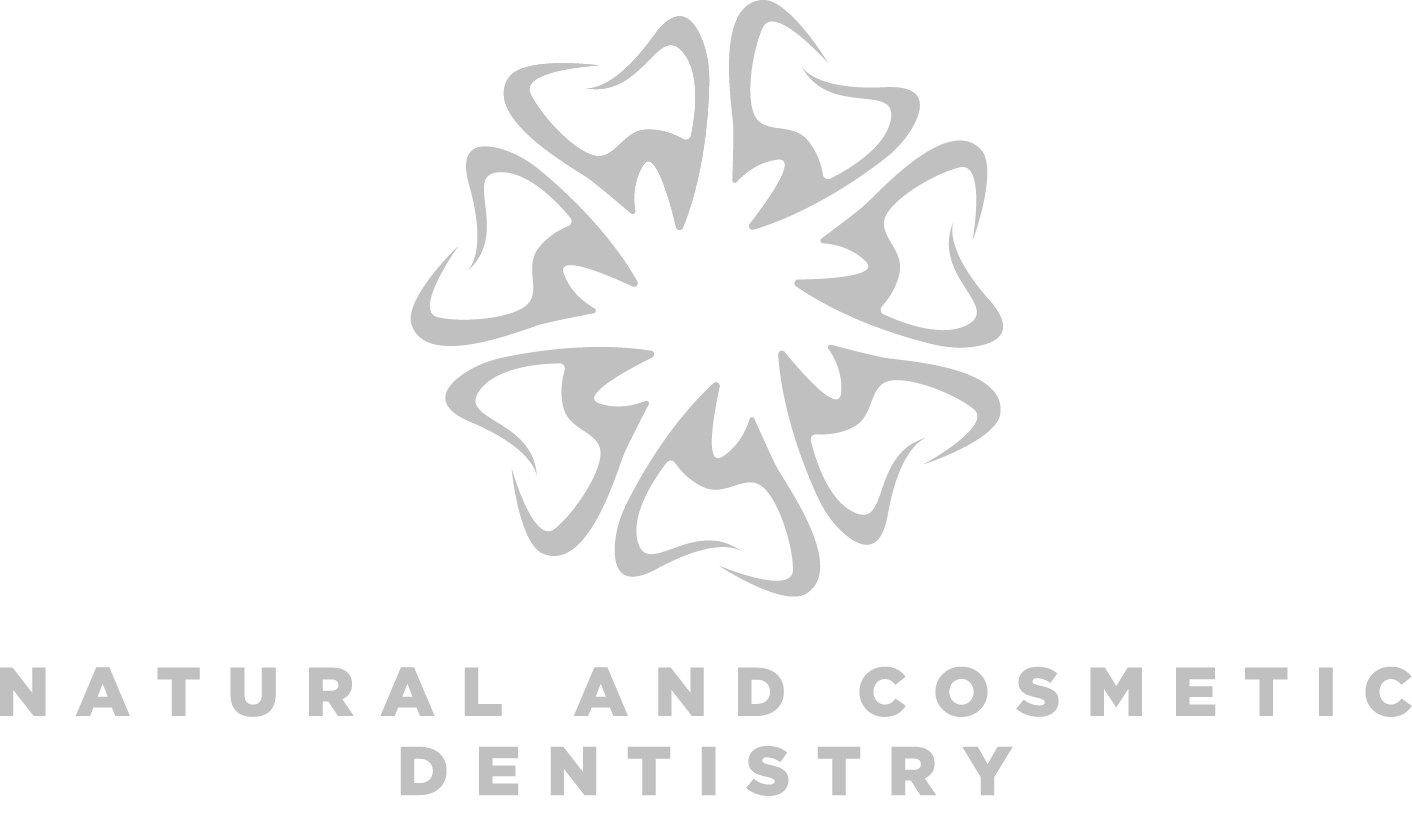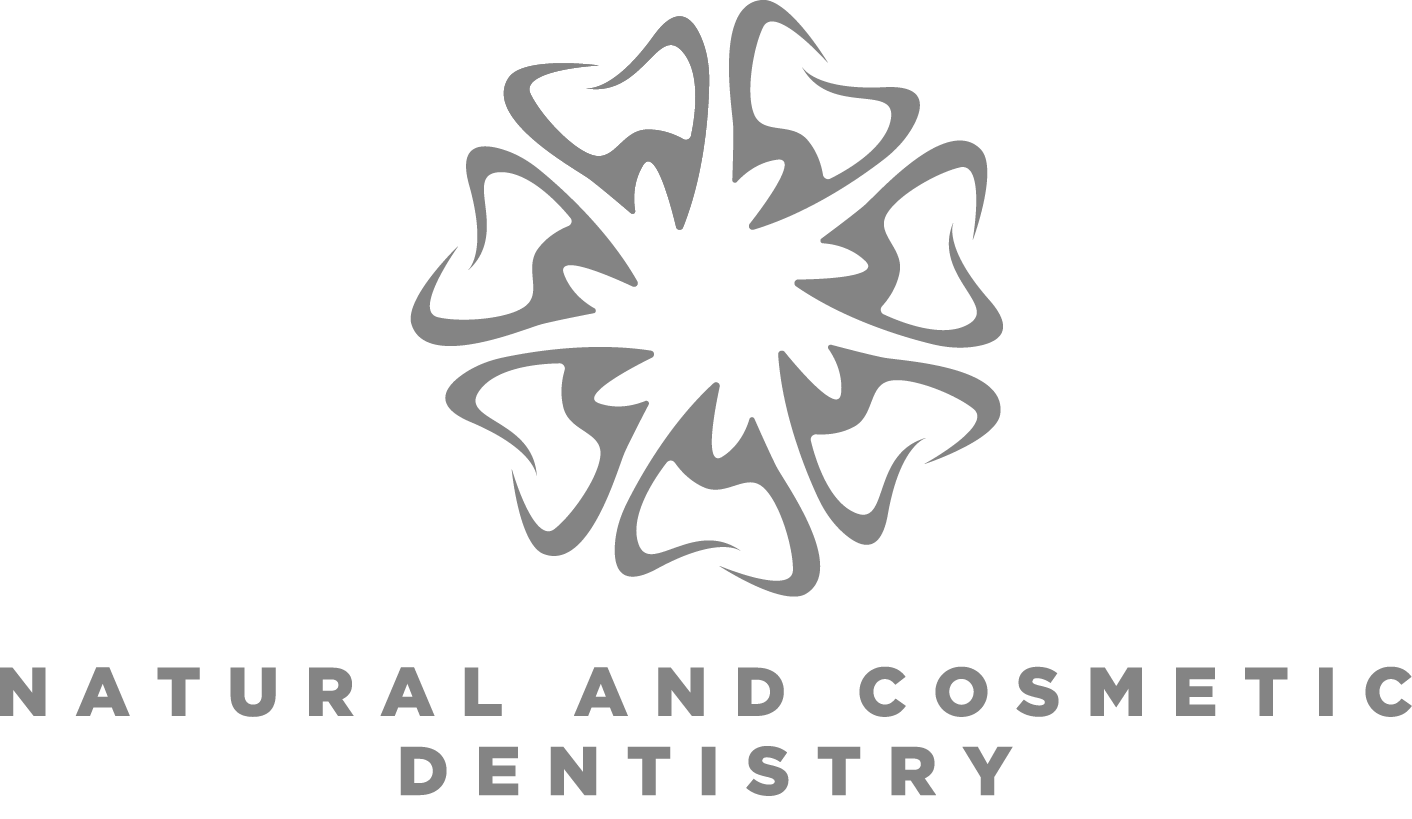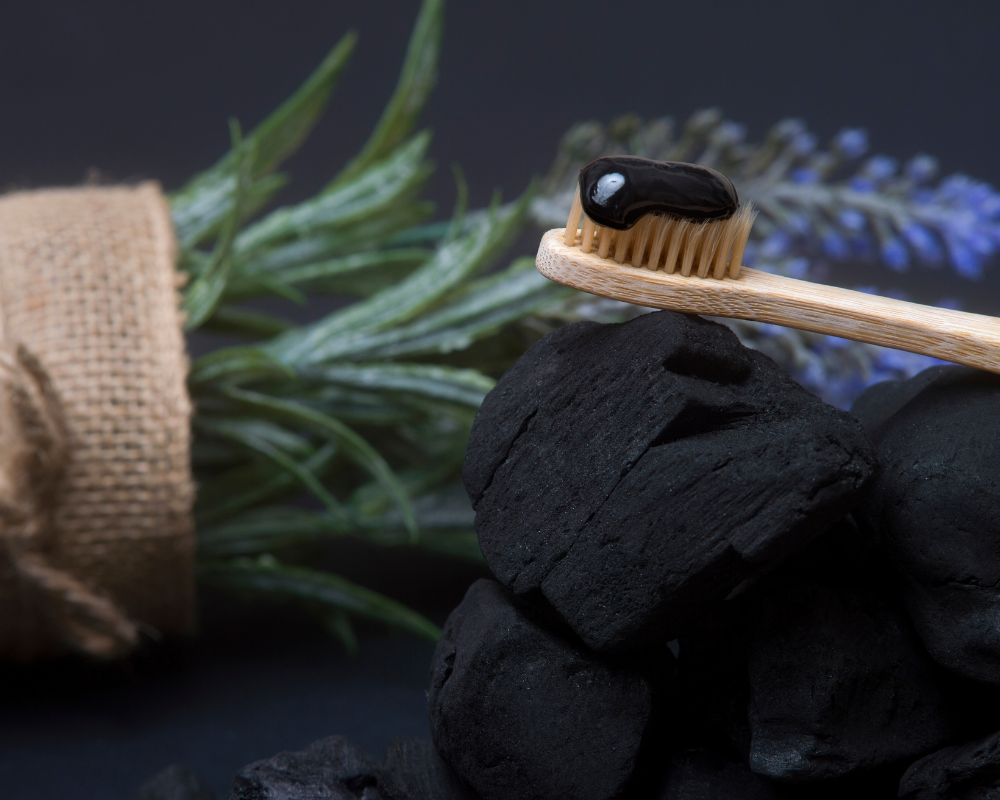Activated charcoal for teeth has become a rising trend in natural health—and it’s making waves in oral care. From black toothpaste to whitening powders, many are using this natural substance to try and achieve a whiter, healthier smile. But is it safe or effective? At Natural and Cosmetic Dentistry in Clearwater, Florida, Dr. Beata A. Carlson and Associates offer a holistic perspective on the benefits and risks of using activated charcoal for teeth.
What is Activated Charcoal for Teeth?
Activated charcoal is a fine, black powder typically made from natural materials like coconut shells or bamboo. It is processed at high temperatures to become highly porous, giving it powerful adsorptive properties—meaning it can bind to toxins, chemicals, and surface stains. This is the primary reason why activated charcoal for teeth has become popular in natural oral care.
Benefits of Activated Charcoal for Teeth and Oral Health
Natural Teeth Whitening
Activated charcoal may help remove surface stains caused by coffee, tea, red wine, or smoking. Its mildly abrasive texture and binding ability make it a popular natural alternative to chemical-based whitening products.
Toxin Binding Properties
One of the major benefits of activated charcoal for teeth is its potential to bind to harmful substances in the mouth. It may help remove bacteria and chemical residues from processed foods or conventional oral care products.
Fresher Breath
Because it can absorb odor-causing bacteria, activated charcoal may help neutralize bad breath and leave the mouth feeling cleaner.
Chemical-Free Option
Many charcoal-based toothpastes are formulated without fluoride, artificial dyes, or preservatives, offering a more natural approach for those who prefer non-toxic oral hygiene products.
Risks and Side Effects of Activated Charcoal for Teeth
Enamel Erosion
While charcoal is effective at polishing, it is also abrasive. Overuse or aggressive brushing can wear away the enamel, which protects the teeth, leading to increased sensitivity and a higher risk of cavities.
Gum Irritation
Small charcoal particles can get lodged along the gumline or in dental work, potentially causing irritation or inflammation.
Lack of Remineralizing Agents
Many charcoal toothpastes lack fluoride or minerals such as calcium phosphate or hydroxyapatite, which help repair enamel. Long-term use without these ingredients can weaken teeth.
Staining of Dental Restorations
Charcoal may stain crowns, veneers, or composite fillings, especially if the materials are porous or aging.
Unregulated Product Quality
Not all charcoal products are created with dental safety in mind. Inconsistent ingredient quality or overly abrasive formulations can increase the risk of oral damage.
How to Use Activated Charcoal for Teeth Safely
-
Choose a product specifically designed for dental use with a low abrasiveness rating (RDA under 100)
-
Limit use to 1–2 times per week as a supplement to your regular oral care routine
-
Use a soft-bristled toothbrush and gentle, circular motions
-
Rinse thoroughly after use and follow with a remineralizing rinse or toothpaste
-
Speak with a holistic dentist to determine if charcoal is suitable for your individual oral health
Holistic Guidance on Activated Charcoal for Teeth
While activated charcoal for teeth can offer benefits, it should be used with caution and professional guidance. At Natural and Cosmetic Dentistry in Clearwater, Dr. Beata A. Carlson and her team provide personalized, holistic care to help patients make informed choices about natural dental products.
Contact Us for Natural Dentistry in Clearwater, FL
Phone: 727-888-6523
Address: 1825 Sunset Point Road, Clearwater, FL
Book an Appointment: Call or visit us online to schedule. Our team will help you determine whether activated charcoal for teeth fits your holistic oral care plan.



